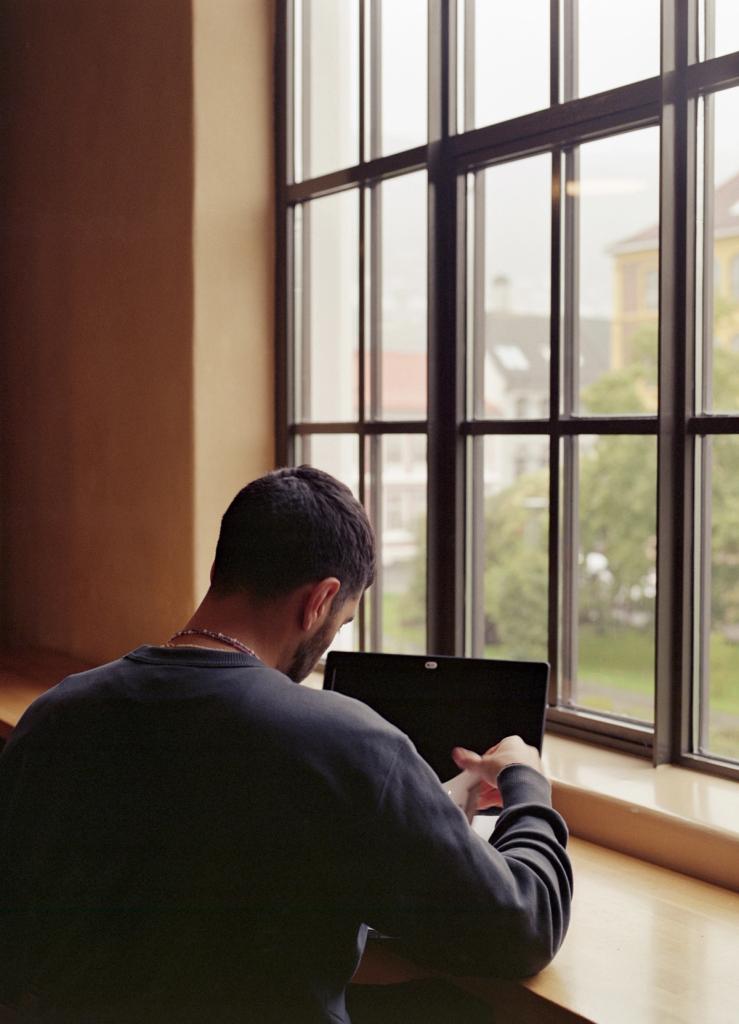
Preparing for a Job Interview
👓 Read through:
The job advertisement. What was the position really about? It's wise to save this when you apply. When the deadline expires, the ad is often removed.
Your own CV and application. What does the employer already know about you? Based on this information, you have been selected for the interview; now they want an elaboration.
What you know about the company. Check the websites, LinkedIn, Instagram, do a Google search. Reflect - why do you want to work there? What interests you when you read about the company?
🧑🎓 What to Prepare:
It's common to get the question "tell me a little about yourself." Prepare a short presentation: who are you, what motivated you to apply for the position? You can use your CV as a starting point, but remember that they have already read it, so it's nice to provide additional information. Don't make it too extensive; you'll have better time to elaborate later in the interview.
Think about the experiences that qualify you for the job. Have good examples so that the employer can easily see what you can do and have achieved.
A tip is to use the STAR model. When you get a question or need to elaborate on an experience, thinka bout a situation you've been in and use the model's steps:
S - Situation
T - Task
A - Action
R - Results
Do you have questions for the employer? Remember that the interview is also your opportunity to ask what you're curious about regarding tasks, workday, work environment, etc.
🤹During the Interview:
Be active but don't interrupt the interviewer. It's also important to take a break when you've answered a question to signal that you're done answering. Don't wait to be interrupted. It shows good control that you can handle the silent pause while waiting for a new question.
Maintain eye contact, be yourself, and remember to breathe. The employer understands that the situation can be stressful for you. Nerves often calm down a bit during the conversation.
🤝 Physical Attendance
Find out where the interview will take place.
Allow plenty of time, arrive about 10 minutes early.
Is there a reception? Remember that the interview starts as soon as you walk through the doors. How you address the reception or others in the premises can be part of the evaluation.
What should you wear? Something you feel comfortable in. If you often get warm, it may be wise to wear multiple layers so you can take off your jacket. It may be wise to choose a material and color that doesn't reveal sweat marks. Don't dress in something that is very attention-grabbing, shows too much skin, or is veryworn. You don't want to be remembered for your clothes but for what you say.
🧑💻 Digital Interview
Familiarize yourself with the software.
Ensure that you have a good and stable internet connection.
Place your self where you won't be disturbed, and the lighting conditions are good.
Place the PC camera at eyelevel.
Look into the camera when you speak (but don't be too fixated with your gaze; it's okay to let it wander a bit).
Usehead phones, as both hearing and being heard are better.
Dress as you would in a physical interview (at least from the waist up).
Practice is essential!
Want to practice with a careercounselor? Book a free appointment with us
Tjenester
Ofte brukte sider
Kontakt
Studentsamskipnaden på Vestlandet